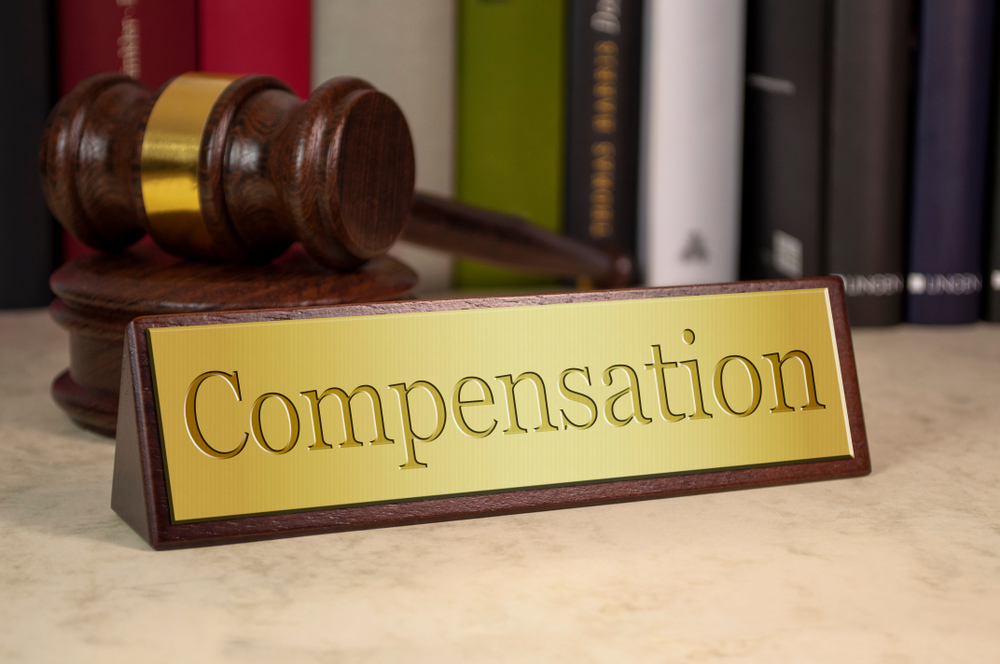Collecting unpaid invoices is a common issue for businesses. When customers fail to meet their payment obligations, it can seriously impact a company’s cash flow. The first step in the collection process is sending reminders and payment requests. Often, a polite reminder is enough to prompt payment.
If reminders are ineffective, the next step is sending a formal notice of default. This is an official letter urging the client to pay the outstanding debt within a specific period. Failing to comply with this notice can have legal consequences and serves as a foundation for further action.
When a notice of default does not produce the desired result, legal measures such as a court-issued payment order may be necessary. This can ultimately lead to the seizure of the debtor’s assets. It’s important to know that in many cases, you are entitled to compensation for collection costs and interest. This can help offset the expenses of the legal process.
Legal assistance can be crucial when the situation escalates, and a specialized lawyer can help initiate judicial proceedings. By setting clear payment terms and taking timely action, you can prevent or quickly resolve non-payment, keeping your business financially healthy.
.







